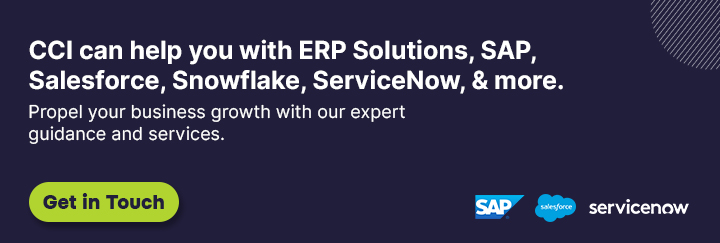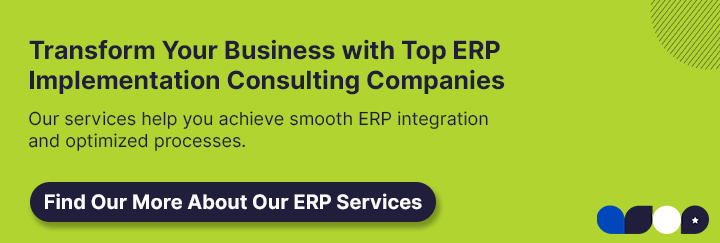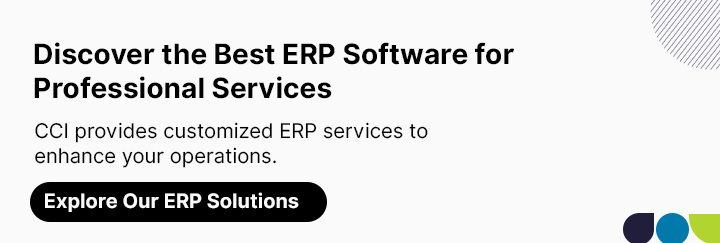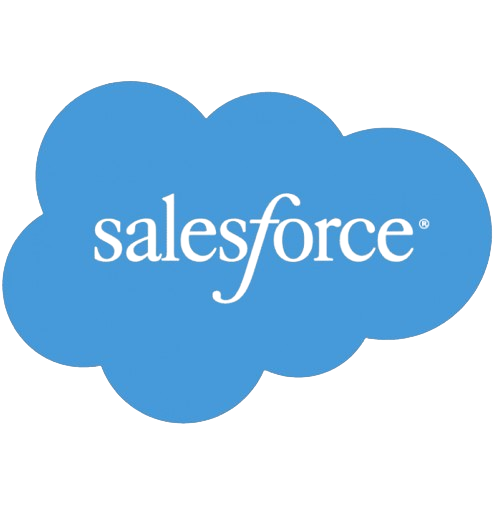Snowflake vs ServiceNow: Which One is Better in 2025?
Updated on February 15, 2026
Navigating the digital landscape of 2025 demands innovative tools that can enhance efficiency, improve data management, and simplify workflows. Snowflake and ServiceNow are two distinct platforms that meet these challenges but cater to different organizational needs. Understanding their functionalities and deciding which aligns better with your goals can transform your business operations. This guide dives deep into Snowflake and ServiceNow, dissecting their features, pricing, and unique capabilities to help you make the right choice.
>> Related Post: SAP vs ServiceNow: Which One is Better in 2025?
What is Snowflake?
Snowflake is a cloud-based data platform that enables businesses to store, process, and analyze data without the complexity of traditional data warehousing. It eliminates hardware or software maintenance as a fully managed service, letting businesses focus entirely on deriving value from their data. By supporting structured, semi-structured, and unstructured data, Snowflake has become the go-to solution for organizations needing a flexible and scalable data environment.
>> Related Posts: Top MuleSoft Implementation Companies in 2025
Features of Snowflake
- Elastic Scaling
Snowflake dynamically adjusts computing power to accommodate workload changes, ensuring optimal performance during high-demand periods. For example, during a quarterly reporting cycle, teams can increase resources temporarily without additional setup or long-term commitments. - Multi-Cloud Support
Snowflake operates on major cloud platforms such as AWS, Microsoft Azure, and Google Cloud, offering flexibility to businesses with existing cloud investments. This means organizations can run Snowflake in environments that suit their geographic or regulatory needs. - Data Sharing
One of Snowflake’s standout features is its ability to securely share live data across departments or with external partners without creating copies. This capability enhances collaboration and ensures that all stakeholders work with the most current information. - Built-In Security
With enterprise-grade encryption and access controls, Snowflake safeguards sensitive data from unauthorized access. Its compliance with regulations like GDPR and HIPAA makes it a trusted choice for industries such as healthcare and finance. - Support for Diverse Data Types
Snowflake processes structured data (like SQL databases) and semi-structured formats (like JSON and XML), eliminating the need for data transformation. This versatility reduces data preparation time and speeds up insights.
>> Related Post: SAP Cost and Pricing Details
Snowflake Pricing
Snowflake uses a pay-as-you-go pricing model, meaning customers pay only for the storage and computing resources they use.
- Storage Costs: Businesses are billed based on the amount of data stored. With rates competitive across cloud providers, companies can manage vast datasets affordably.
- Compute Costs are calculated in credits based on the virtual warehouse’s processing power and duration. By offering different compute sizes, Snowflake lets organizations efficiently balance cost and performance.
>> Related Post: Snowflake Pricing and Implementation Cost in 2025
What is ServiceNow?
ServiceNow is a cloud-based workflow automation platform that optimizes IT operations and enterprise services. Unifying various workflows into a single system helps organizations enhance productivity, reduce manual tasks, and improve service delivery. From IT service management to customer and HR workflows, ServiceNow offers modules according to specific business functions. ServiceNow’s strength lies in its ability to integrate easily with other enterprise applications, creating a centralized hub for operational excellence.
>> Related Posts: Top ServiceNow Companies in 2025
Features of ServiceNow
- ITSM and IT Operations
ServiceNow automates processes like incident management, problem resolution, and change implementation, reducing downtime and improving efficiency. For example, an IT team can quickly identify and resolve system outages using ServiceNow’s AI-driven tools. - Workflow Automation
Organizations can design workflows using no-code and low-code tools, enabling faster deployment of solutions. This empowers non-technical staff to contribute to process improvements without needing extensive training. - Customizable Dashboards
ServiceNow offers real-time analytics through customizable dashboards, allowing teams to monitor performance, track KPIs, and make informed decisions instantly. - AI-Powered Capabilities
Machine learning enhances ServiceNow’s ability to predict issues and recommend proactive solutions. This feature is especially useful in IT operations, where early detection of potential failures can save significant costs. - Enterprise Integration
ServiceNow connects effortlessly with tools like Slack, Salesforce, and Microsoft Teams, ensuring smooth collaboration across platforms. This integration capability enhances productivity by centralizing information and reducing silos.
ServiceNow Pricing
ServiceNow follows a modular pricing structure, where businesses pay for the specific tools or services they need.
- Module-Based Pricing: Organizations can purchase individual modules such as ITSM, customer service management, or HR services.
- User-Based Licensing: Pricing is often tied to the number of users accessing the platform, making it scalable for businesses of all sizes.
>> Related Post: ServiceNow Pricing: Implementation Cost in 2025
Differences Between Snowflake and ServiceNow
>> Related Post: Top ServiceNow Consulting Companies 2024/2025
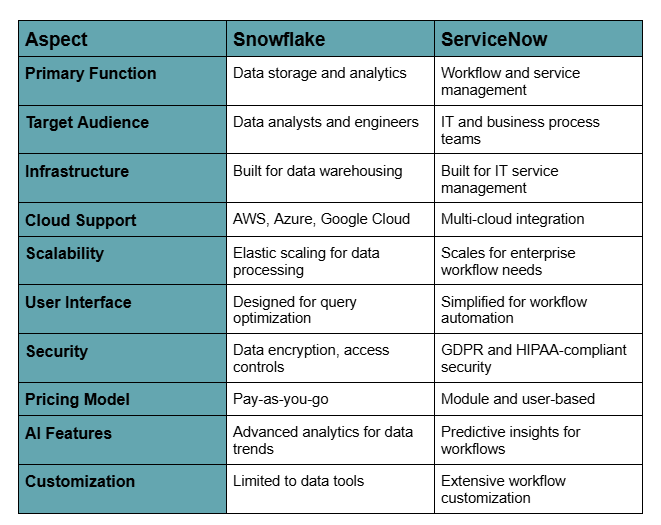
Which is Better: Snowflake or ServiceNow?
Choosing between Snowflake and ServiceNow depends on your organizational needs. If your primary focus is managing and analyzing data, Snowflake offers unparalleled capabilities in data warehousing and analytics. On the other hand, ServiceNow is ideal for businesses aiming to improve IT operations or manage enterprise workflows efficiently. For large organizations, these platforms can complement each other. Snowflake can handle data analytics, while ServiceNow manages operational workflows, ensuring a balanced and effective digital strategy.
Conclusion
Snowflake and ServiceNow represent two paths in the cloud ecosystem, each excelling in its domain. Snowflake’s data-centric architecture empowers businesses to unlock the potential of their data, while ServiceNow’s workflow solutions simplify and enhance operational efficiency. Assess your requirements and consider how these platforms can support your digital transformation journey.
FAQs: Snowflake or ServiceNow
1. Can Snowflake handle unstructured data?
Yes, Snowflake supports unstructured data like video files and images, making it versatile for various data needs.
2. Does ServiceNow integrate with CRM platforms?
Absolutely. ServiceNow integrates seamlessly with CRM tools like Salesforce, enabling smooth customer service workflows.
3. Is Snowflake suitable for small businesses?
Yes, its scalable pricing model makes it accessible to organizations of all sizes.
4. What industries benefit most from ServiceNow?
ServiceNow is widely used in IT, healthcare, finance, and retail to optimize workflows and improve service delivery.
5. Can I use both Snowflake and ServiceNow?
Yes, many businesses use both platforms to leverage Snowflake’s analytics and ServiceNow’s workflow capabilities for a holistic approach to digital transformation.
